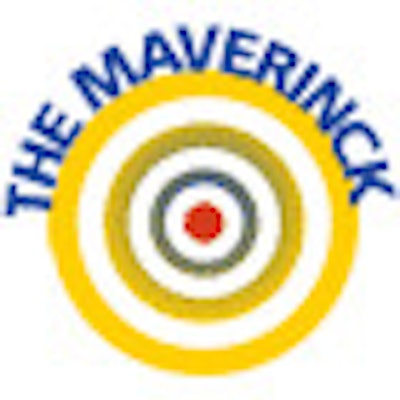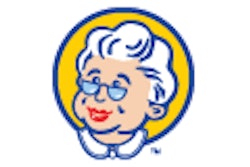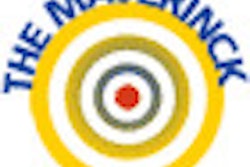
Editor's note: In his regular column, Europe's very own maverick radiologist, Dr. Peter Rinck, addresses the latest controversial topic. Find out now what's on his mind.
People don't seem to write papers any more, but rather blogs or other online publications. Even "learned" papers (scientific articles) rarely appear as hard copies in glossy journals, but as soft copies on the World Wide Web. The number of such articles seems to increase and the quality seems to decrease. Most likely, the number of true readers decreases too. A good article used to be at least five pages long. My earlier printed columns were one and a half or two pages, but my blogs are 500 words or two typed pages, double spaced.
The reason, of course, is the limited attention span of readers -- including me. Our brains are full. Information (or what is considered information) is abundant. Twittering tweets, defined as "short bursts of inconsequential information,"1 finally seem to close the gap to the Neanderthal.
 Dr. Peter Rinck, PhD, Maître de Conférence and visiting professor of medical imaging at the University of Mons, Belgium.
Dr. Peter Rinck, PhD, Maître de Conférence and visiting professor of medical imaging at the University of Mons, Belgium.Important information drowns in the sea of infotainment, and facts are mixed with opinions, fabrications, and commercials. Formerly respectable and trustworthy scientific publishers have jumped on the bandwagon of mass-produced "scientific results" and churn out ever-so-many new but not novel scientific magazines, first printed, nowadays, online.
I have nothing against publishers. Some of my best friends are publishers. But whenever they complain, I know I hear the authentic voice of self-interest. They are part of the huge apparatus making money from the work and the financial input of other people and institutions. As always in business, the middlemen gain, not the authors.2 I am willing to pay for quality and service. However, I am not interested in "scientific" articles, openly or covertly sponsored and placed by commercial interests.
Journals on the Internet were going to be the way out. There would be no more printed copies and no more archiving of tons of volumes in libraries. The environment would be protected, and entire forests would grow into jungles where happy birds would sing and hedgehogs would have a happy life. Submitted articles would be available online within weeks of submission, and they would be easily accessible. They wouldn't have to be printed and the journal wouldn't have to be mailed to the readers and institutions that have a subscription. Authors wouldn't have to wait a year or more for publication.
Reality is sobering. A vast chaos of computer-aided publishing has been created, and while some journals have succeeded in producing their issues and volumes reliably on the Internet, many of the major publishers oversee a disastrous mess. The submission and review process is cumbersome, and authors still wait a year or more for the publication of their articles.
I also wonder whether the big (and the small) publishers have taken into account the resulting costs of publishing everything on the net, without hard copies in the libraries. They will be prohibitive in, say, 10 or 20 years, because all data must be backed up permanently so that it's not lost. Considering today's incompetence at the major publishing houses and their greed for fast and easy money, I am sure that nobody has thought about it. Après nous, le deluge; they don't want to face it, because this process is not manageable, nor is it calculable.
Publishers will try to transfer the burden on to libraries or, if possible, the tax payer: "Saving and caring for the heritage of mankind ..."
Meanwhile, potential readers of scientific articles are forced to pay anything between 25 and 50 euros ($35 to $70 U.S.) per copy. One of the ways out of the dilemma is to return to the olden days of reprints. Years ago, we used to send a postcard to the author and ask for a reprint, and the authors would send you a copy by return mail. Today it's easier: Send an e-mail to the author and ask for a reprint. PDF files are fast and efficient, and one keeps a personal contact -- and even if the publisher has forced the author to transfer the copyright to them, it's a legal transaction because it's for private use.
References
- Sarno D. Twitter creator Jack Dorsey illuminates the site's founding document: Part I. Los Angeles Times. http://latimesblogs.latimes.com/technology/2009/02/twitter-creator.html.
- Rinck PA. The front and back of medical journals. http://www.rinckside.org/Rinckside Columns/1999 11 The front and back of medical journals.htm.
The comments and observations expressed herein do not necessarily reflect the opinions of AuntMinnieEurope.com, nor should they be construed as an endorsement or admonishment of any particular vendor, analyst, industry consultant, or consulting group.



















